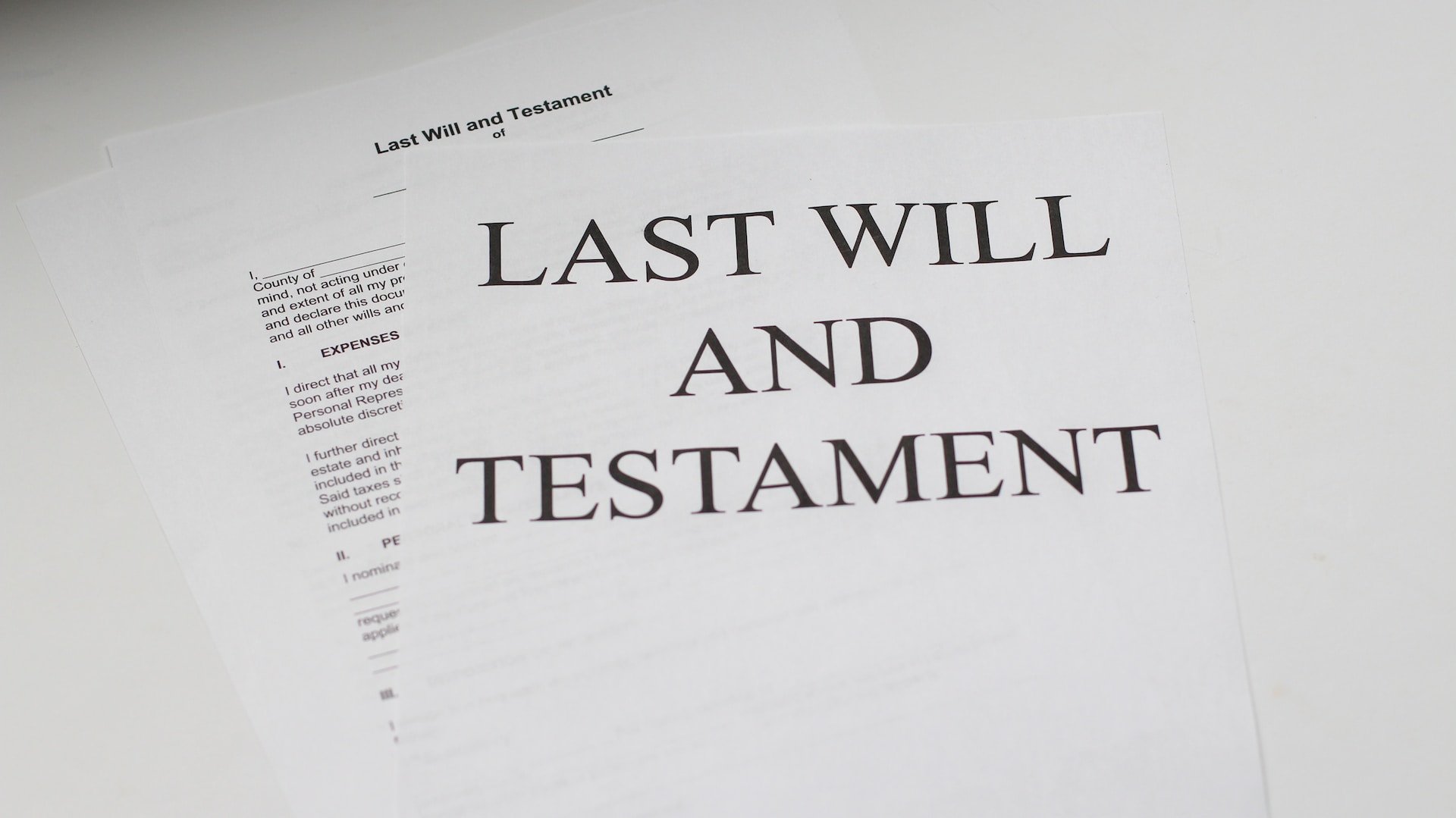The distinction between a will and a trust can be muddled if you aren’t sure what legal tools there are to protect your estate. In some cases, one can replace the other, but both have different functions.
So what is the difference between a will vs a trust? Which is the better option, and why?
We have the answers you’re looking for. Read on to learn the difference between a will vs a trust through comparable aspects.
Contents
Legal Instrument
A Will and a Trust are both legal instruments that help to provide clear instructions for the disposition of assets and property when a person dies. A Will is a legal document that identifies who is entitled to a person’s assets upon death and includes the person’s desired arrangements for funeral and burial, as well as what happens to minor children and pets.
A Trust, on the other hand, is an arrangement to hold and manage property for the benefit of others, such as minor children, and provides a mechanism for managing assets and property during the lifetime of the creator of the trust. While a Will is essential in providing instructions for the distribution of the deceased’s estate, a Trust enables the proper management and protection of assets.
Probate Process
The primary difference between the two also lies in the probate process. A will goes through the probate court while a trust avoids it.
A will is a written document that must be probated, meaning it is made part of the public record and managed by the probate court. The court validates the will, pays any debts, and distributes property and assets according to the instructions in the will.
On the other hand, a trust does not need to be probated, so it is a quicker and less expensive way to manage the property after a person’s death. With a trust, the assets pass directly to the designated beneficiaries.
Privacy
In terms of privacy, a will has details laid out in the public record and can be accessed by anyone. A trust, however, is kept private and the details are not disclosed to anyone other than the beneficiaries of the trust.
Furthermore, a trust can last beyond the life of the grantor, protecting its assets from creditors and estate taxes. Both a will and a trust protect a person’s assets, however, when it comes to privacy, a trust is the better option.
Timing of Distribution
When talking about the timing of distribution, a Will generally dictates how estate assets are to be distributed only after the death of the owner. On the other hand, a Trust allows estate assets to be managed and distributed while the owner is still alive and even after their death.
In terms of timing of distribution, the Trust offers more flexibility, as it allows for exact stipulations as to when heirs receive distributions. On the other hand, a Will does not provide for a timely distribution and must wait for the administration of the estate or probate to be completed.
Costs
Another significant difference between a will and a trust is in the cost to establish them. A will is typically the less expensive option, while a trust is much more costly.
A will is frequently an easier choice for those with a modest estate. It must be executed by state law and you must pay the costs associated with filing it.
A trust is more complex and costly to create and must be funded, meaning assets must be transferred to it. There are also more ongoing administrative and management costs associated with managing a trust.
Ultimately, the complexity and size of your estate will determine which option makes the most sense for you and which one your estate planning lawyer recommends.
Contingencies
A Will is often an all-encompassing document that sets out what would happen with a person’s assets upon their death. Depending on a variety of circumstances, such as the state of the estate, the preference of the deceased, and other matters, a person’s assets may pass on as requested.
A Trust, however, has more leeway when it comes to contingencies. A Trust allows for a person to specify a variety of events that could potentially void an individual’s designated disposition over their assets.
From the settling of claims to changes in ownership status, or even the failure of a beneficiary to meet certain criteria, a Trust allows for a more detailed level of planning and securement of one’s estate.
Differences in Legal Representation
Legal representation is essential when creating either a will or a trust. A qualified attorney can help ensure that the document meets the legal requirements necessary for a will or trust to be legally binding, and can provide advice to ensure the document is suitable for the individual’s needs.
Wills are handled exclusively through probate courts and require that an executor be named to manage assets and handle related affairs. Trusts are managed by a trustee who is responsible for administering the trust’s assets. By consulting with legal representation, individuals can gain a better understanding of how the procedure works.
Understand the Difference Between a Will vs a Trust
A Will is a legal document that identifies an individual’s wishes upon death, such as who should receive their assets and possessions. On the other hand, a trust is a legal entity that holds assets on behalf of a beneficiary.
Ultimately, both are excellent ways to protect the legacy of individuals beyond their death. If you’re looking to secure the future of your estate, contact a local estate planning lawyer today. You need legal experts especially if you are in the middle of deciding between a will vs a trust.
For more articles aside from understanding the differences between what is a will and what is a trust, visit our blog. We’ve got more articles for you!



